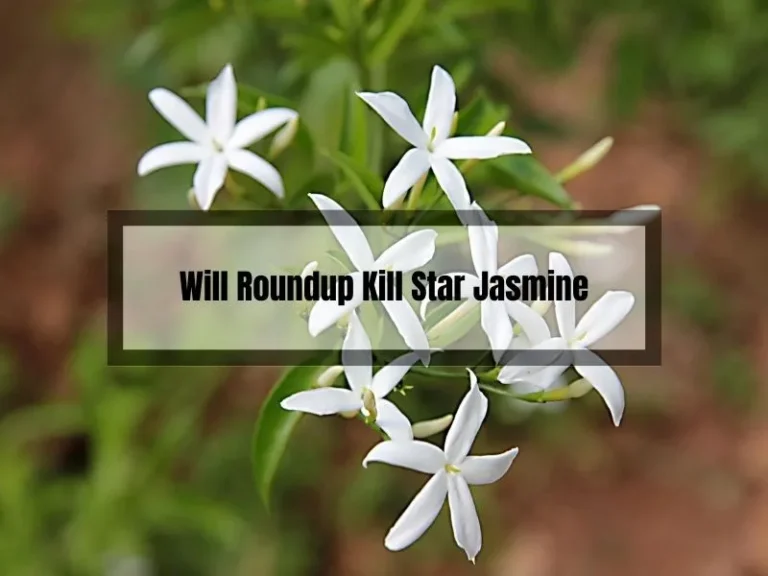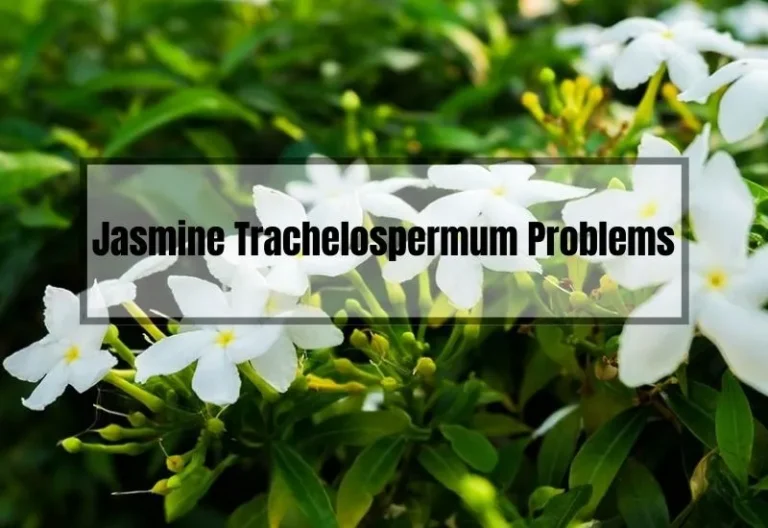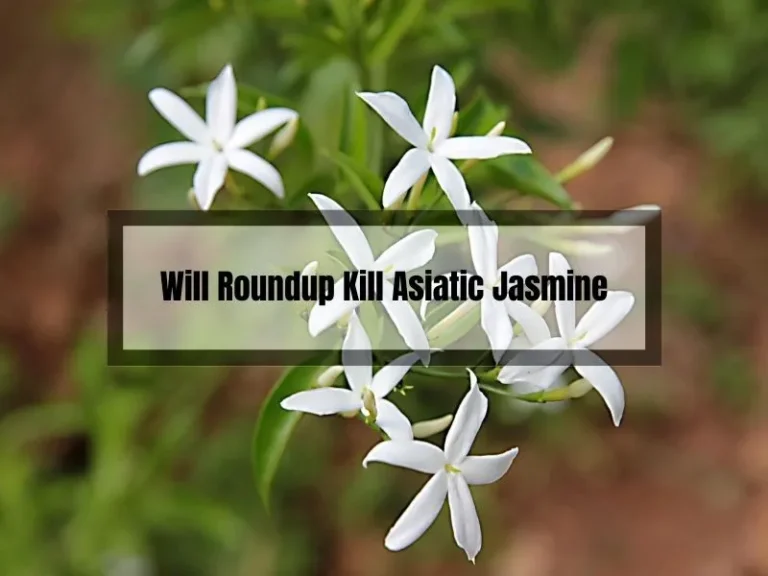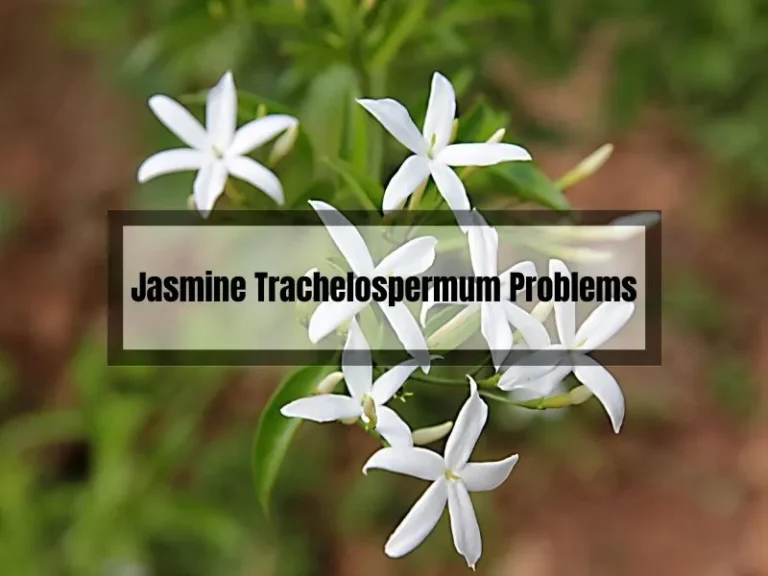Is Star Jasmine Poisonous to Humans? What You Need to Know
Star jasmine, also known as Trachelospermum jasminoides, is a popular choice for homeowners due to its beautiful appearance and sweet scent. But is it safe around pets and children?
Star jasmine is a climbing vine native to China and Japan, featuring small, white, star-shaped flowers in the summer and glossy green leaves. While it’s generally not toxic to humans, some plants in the Apocynaceae family, to which star jasmine belongs, can be poisonous. Exercise caution when handling any plant.
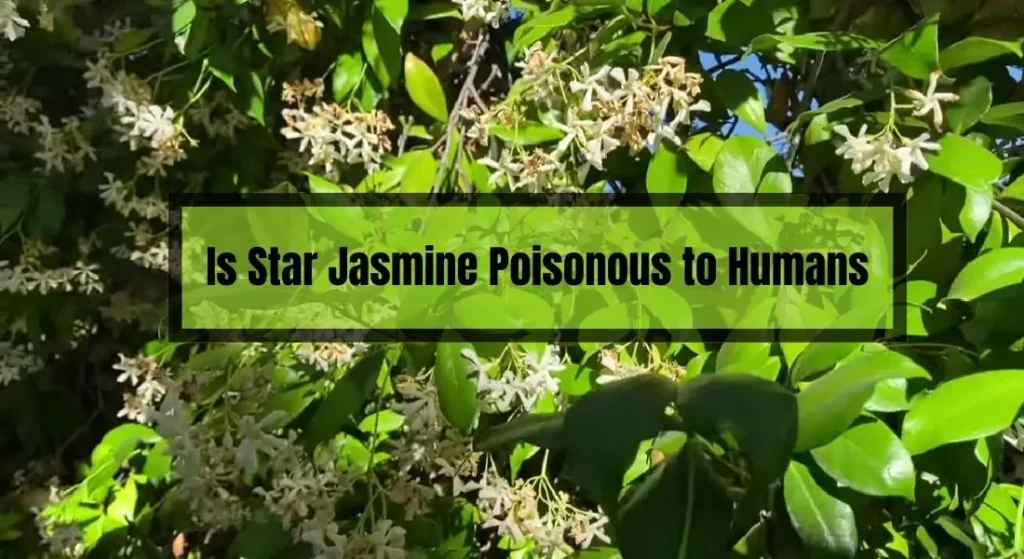
Is Star Jasmine Poisonous to Humans?
When it comes to gardening, one of the most important things to consider is the safety of the plants you’re growing. Star jasmine is a popular choice for many gardeners because of its beautiful white flowers and sweet fragrance. But the question remains: is star jasmine poisonous to humans?
The good news is that star jasmine is not considered poisonous to humans. star jasmine is safe for humans and pets alike. However, it’s important to note that some plants in the Apocynaceae (dogbane) family, to which star jasmine belongs, are poisonous. So, it’s always a good idea to exercise caution when dealing with any plant.
Individual sensitivities may vary, so it’s always a good idea to be cautious when introducing any new plant into your home or garden. However, in general, star jasmine is considered safe for humans to touch, smell, and even taste.
Understanding Star Jasmine
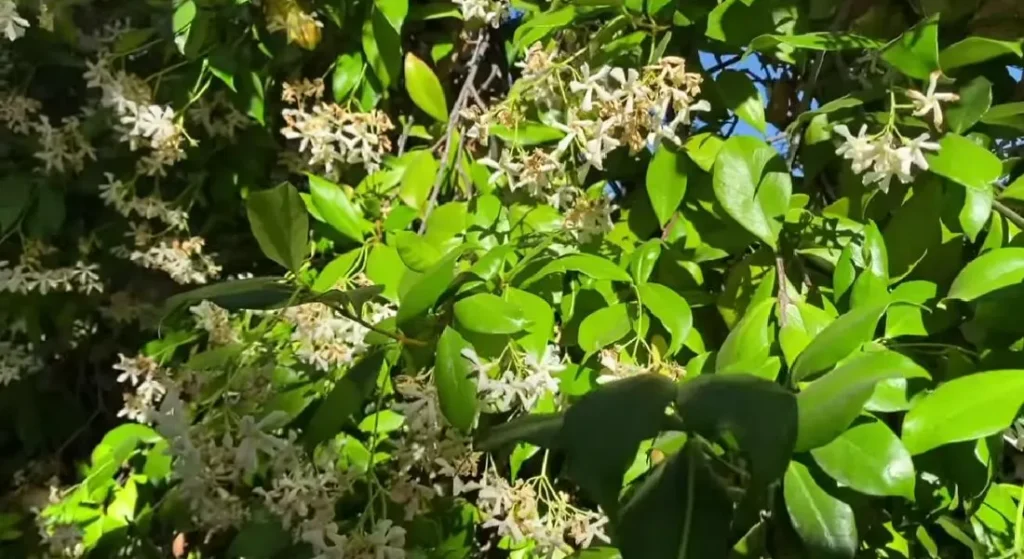
If you’re a gardening enthusiast, you might have already heard about star jasmine. This evergreen climbing plant is known for its beautiful, fragrant flowers and lush green foliage.
But, before you decide to plant it in your garden, you might be wondering whether it’s safe to have around. In this article, we’ll explore whether star jasmine is poisonous to humans or not.
First things first, it’s important to understand that star jasmine (Trachelospermum jasminoides) is not the same as true jasmine (Jasminum spp.). Star jasmine belongs to the Apocynaceae family, while true jasmine belongs to the Oleaceae family. This means that star jasmine has different characteristics and properties than true jasmine.
Potential Effects of Star Jasmine on Humans
If you’re planning to add star jasmine to your garden or home, you might be wondering if it’s safe for humans. While star jasmine is generally considered safe, there are a few potential effects to keep in mind.
Skin Irritation
Star jasmine contains compounds that can cause skin irritation in some people. If you come into contact with the plant and experience redness, itching, or a rash, wash the affected area with soap and water. If the irritation persists, seek medical attention.
Ingestion
While star jasmine is non-toxic, ingesting large amounts of any plant material can cause gastrointestinal upset.
Symptoms may include nausea, vomiting, and diarrhea. If you or someone you know ingests star jasmine, monitor for symptoms and seek medical attention if necessary.
Allergic Reactions
Individual sensitivities may vary, and some people may experience allergic reactions to star jasmine.
Symptoms may include hives, difficulty breathing, and swelling of the face, lips, tongue, or throat. If you experience any of these symptoms after coming into contact with star jasmine, seek medical attention immediately.
Safety Precautions
To minimize the risk of skin irritation, wear gloves when handling star jasmine. Keep the plant out of reach of children and pets, and avoid ingesting large amounts of the plant material.
Overall, star jasmine is a safe and beautiful addition to any garden or home. Just be aware of the potential effects and take appropriate precautions to ensure your safety.
Safety Measures When Handling Star Jasmine
When it comes to handling plants, safety should always be a top priority. While star jasmine is non-toxic to humans, it’s important to take a few precautions to avoid any potential issues.
Here are some safety measures to keep in mind when handling star jasmine:
- Wear gloves: When pruning or handling star jasmine, it’s a good idea to wear gloves to protect your hands from any thorns or sharp edges on the plant.
- Avoid contact with eyes: If you get sap from the plant in your eyes, it can cause irritation and discomfort. Be sure to wash your hands thoroughly after handling the plant, and avoid touching your eyes until you’ve done so.
- Keep away from children and pets: While star jasmine is non-toxic, it’s still a good idea to keep it out of reach of children and pets. This will help prevent any accidental ingestion or other mishaps.
- Use proper pruning techniques: When pruning star jasmine, be sure to use proper techniques to avoid damaging the plant or causing any unnecessary stress. This will help ensure the plant stays healthy and continues to thrive.
Frequently Asked Questions (FAQs)
What are the effects of ingesting Star Jasmine?
Ingesting Star Jasmine may cause mild gastrointestinal symptoms such as nausea, vomiting, and diarrhea. However, the plant is generally non-toxic to humans and serious poisoning is unlikely. If you or someone you know ingests Star Jasmine and experiences severe symptoms, seek medical attention immediately.
Is it safe to use Star Jasmine for tea?
While Star Jasmine has been used in traditional medicine as a tea, it is not recommended to consume the plant in large amounts. The plant contains compounds that may cause mild gastrointestinal symptoms and should be used in moderation. It is recommended to consult a healthcare professional before using Star Jasmine for medicinal purposes.
What are the risks of Star Jasmine to pets?
Star Jasmine is toxic to pets, especially cats and dogs. Ingestion of the plant may cause vomiting, diarrhea, and abdominal pain. In severe cases, it may lead to renal failure. It is recommended to keep Star Jasmine out of reach of pets and seek veterinary attention if your pet ingests the plant.
Is Trachelospermum jasminoides the same as Star Jasmine?
Trachelospermum jasminoides, commonly known as Confederate Jasmine, is often confused with Star Jasmine due to their similar appearance and fragrance. However, they are two different species of plants. Confederate Jasmine is toxic to pets and humans and should not be ingested.
What are the benefits of Star Jasmine?
Star Jasmine is a popular ornamental plant due to its fragrant flowers and attractive foliage. It is often used in landscaping and gardening to add beauty and fragrance to outdoor spaces. The plant has also been used in traditional medicine as a natural remedy for various ailments, such as anxiety, depression, and insomnia. However, more research is needed to confirm its medicinal properties.
Conclusion
In conclusion, star jasmine is a safe plant for humans and pets. The plant is non-toxic and does not pose any harm if ingested or touched. However, it is important to note that individual sensitivities may vary, and some people may experience allergic reactions when coming into contact with the plant.
If you have pets, it’s always a good idea to keep an eye on them when they’re around plants. While star jasmine is safe for pets, other jasmine species may not be. Additionally, some animals may have allergic reactions to certain plants, so it’s best to monitor your pets when they’re around plants.
If you’re planning on planting star jasmine in your garden, there are a few things to keep in mind. The plant is moderately salt-tolerant, so it can be grown in coastal areas. However, it’s not cold-hardy, so it’s best suited for the coastal plain and lower south. When pruning the plant, it’s best to do so after flowering to avoid cutting off any potential buds.
Related Posts:
- Master Guide: Make Your Potted Climbing Jasmine Flourish
- Training Jasmine on a Wooden Fence: A Step-by-Step Guide
- How to Propagate Star Jasmine from Cuttings: A Comprehensive Guide
- Easy Ways to Propagate Jasmine Without Rooting Hormone
- Jasmine Trachelospermum Problems: Recognizing and Solving Common Issues

